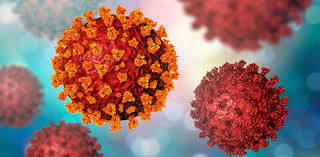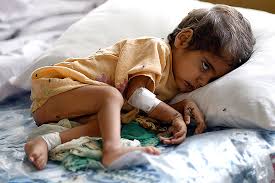March 23, 2024
Despite the availability of an effective vaccine against the Hepatitis B virus (HBV) for over three decades, a recent study conducted by Sir Ganga Ram Hospital sheds light on the persistently low uptake of the vaccine in India, attributed to poor knowledge and awareness surrounding the disease.
Global Impact of Hepatitis B
Hepatitis B virus (HBV) infection remains a significant global health concern, affecting an estimated 296 million individuals worldwide and contributing to approximately 887,000 deaths annually. The virus can lead to severe complications such as liver cirrhosis and liver cancer, underscoring the critical importance of prevention and vaccination efforts.
Alarming Situation in India
According to researchers at Sir Ganga Ram Hospital, India harbors an estimated 37 million carriers of the HBV, yet awareness and knowledge about the disease remain alarmingly low. Despite the vaccine’s proven efficacy in preventing HBV infection and its associated complications, uptake rates remain suboptimal across the country.
Findings of the Study
The study, published on the online platform Cureus, surveyed 3,500 participants, excluding healthcare workers and individuals below 18 years of age. Shockingly, only 25% of respondents demonstrated adequate knowledge about HBV, including its transmission methods, effects on the liver, and the importance of vaccination. Furthermore, a mere 22.7% reported completing the full Hepatitis B vaccination course.
Urgent Need for Awareness Campaigns
Principal investigator Dr. Anil Arora, from the Institute of Liver, Gastroenterology, and Pancreatico-Biliary Sciences at Sir Ganga Ram Hospital, expressed deep concern over the low vaccination rates and knowledge gaps. Dr. Arora emphasized the urgent need for targeted public health interventions to improve awareness and vaccination coverage nationwide.
Addressing Disparities in Vaccination Uptake
The study also highlighted disparities in vaccination uptake across various demographics, including gender, education levels, and urban-rural divide. Dr. Anil stressed the importance of tailored educational campaigns, particularly targeting females, older individuals, those with lower education levels, and rural residents. Efforts should also focus on promoting completion of the full vaccination schedule to ensure optimal efficacy.
Conclusion: A Call to Action
As India grapples with the burden of Hepatitis B, the findings of this study serve as a wake-up call for policymakers, healthcare professionals, and the public alike. By prioritizing education, awareness, and vaccination efforts, India can take significant strides towards mitigating the impact of Hepatitis B and safeguarding the health of its population.
With low awareness and vaccination rates posing a significant public health challenge, concerted efforts are needed to bridge knowledge gaps and enhance vaccination coverage against Hepatitis B across India.











